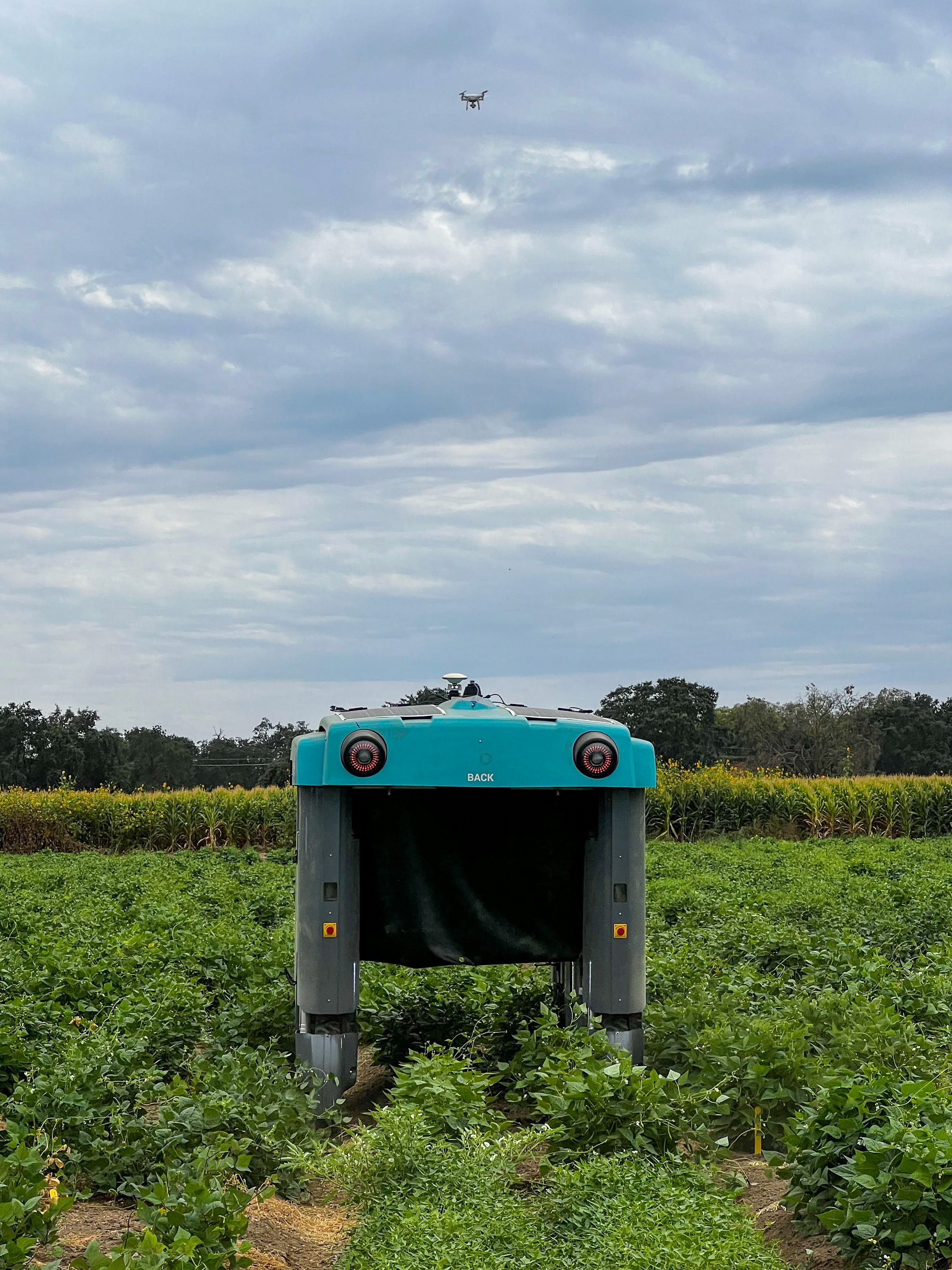
Feeding future generations in a shifting climate
Global food demand is rapidly increasing, and the world's agricultural productivity will need to increase to match. The world's population is projected to grow by over 2 billion by 2050 with most of this growth taking place in low- and middle-income countries. While this issue is challenging enough on its own, it is further complicated by a volatile global climate.
Climate change is causing gradual shifts in crop suitability zone boundaries, driven largely by changes in day and nighttime temperatures and seasonal rainfall amount, onset, and distribution. This exposes crops to unique combinations of temperature and photoperiod that affect growth and yield in unpredictable ways. Because of the wide range of potential combinations, testing crop varieties in representative locations is not an efficient strategy to identify which plant lines are well suited to unstable climatic conditions. It is therefore necessary to seek a more complete understanding of the factors linking genotype and phenotype and their non-linear interaction with environmental conditions in order to breed strategically in an ever-changing climate.
To achieve this, GEMINI, or GxExM Innovation in Intelligence for climate adaptation, will use 3-D modeling, artificial intelligence, and crop genetics to develop a tool to improve and accelerate breeding pipelines for sorghum and grain legumes. The GxExM analytics framework will then serve as a foundation for future climate adaptation modeling activities as it can be used to integrate all of the relevant and heterogeneous disciplinary knowledge across biological hierarchical levels (gene, cell, organ, plant, crop) for varieties, environmental and agronomic management scenarios. The primary goal of the GEMINI project is to increase agricultural productivity (land and labor) for small scale producers and establish products and technologies for smallholder farmers.

High-tech methods and collaborative science
The GEMINI project is lead by Drs. Christine Diepenbrock, Mason Earles, and Brian Bailey. Diepenbrock will focus on breeding and genetics, Earles on artificial intelligence-enabled sensing, and Bailey on 3-D crop modeling. Alongside these teams are breeders from Senegal, Nigeria, Uganda, and Tanzania who will look at improving breeding pipelines for grain legumes (common bean, tepary bean) and sorghum. These staple crops play a crucial role in feeding regions that are experiencing major shifts in climate.



